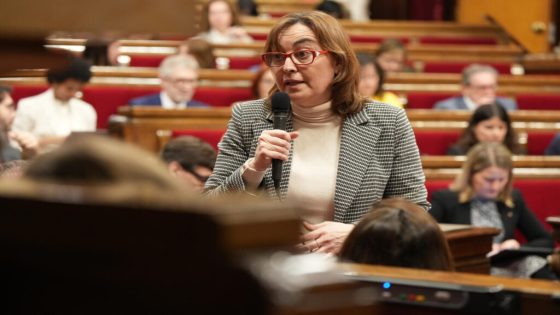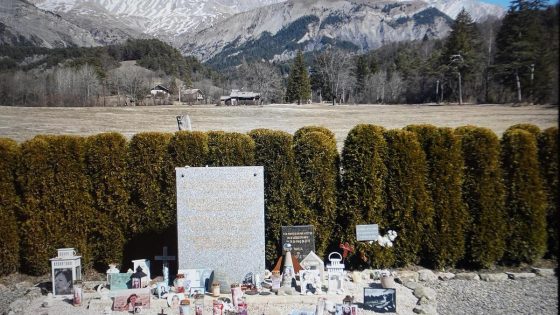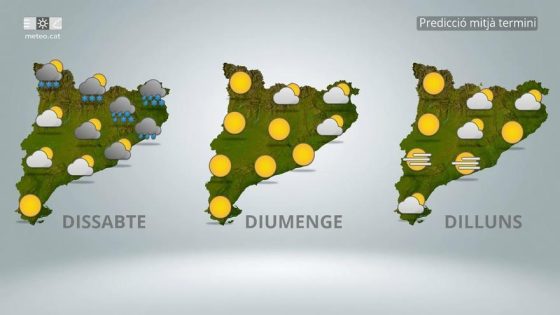The Catalan Parliament has taken a bold step by demanding the dismissal of Sílvia Paneque, the Minister of Territory, Housing, and Ecological Transition, due to her poor management of the Rodalia train network. This decision came during a parliamentary debate on March 27, 2025, where lawmakers expressed their concerns over the recent chaos in train services. Is this a sign of deeper issues within the Spanish transport system?
- Severe punishment for Catalonia's territory minister.
- Parliament demands resignation of Adif and Renfe presidents.
- ERC balances collaboration with PSC and opposition.
- Spanish government criticized for railway management.
- PSC and ERC agree on Rodalia operator's director.
- Communication improvements for train service users.
Catalan Parliament Demands Accountability for Rodalia Train Network Issues
What does this mean for train services in Spain? The Catalan Parliament’s reproach of Paneque highlights significant dissatisfaction with the current state of the Rodalia train network. With increasing incidents affecting thousands of commuters, the call for change is louder than ever. As the debate unfolds, will the Spanish government respond effectively to these pressing concerns?
Political Repercussions from the Rodalia Train Network Crisis
The parliamentary vote against Paneque marks a critical moment for the Spanish government. The lack of effective management has led to severe disruptions in train services, impacting over 10,000 passengers every few days. This situation has prompted calls for accountability not just from Paneque but also from the leadership of Adif and Renfe, the companies responsible for train operations.
Key Issues Surrounding the Rodalia Train Network
Several factors have contributed to the current crisis in the Rodalia train network:
- Increased frequency of service disruptions affecting thousands of commuters.
- Calls for the resignation of key figures in the transport sector.
- Demands for improved infrastructure and investment in train services.
- Political tensions between Catalonia and the Spanish government over transport management.
Future Steps for Improving Train Services in Spain
As the Catalan Parliament pushes for changes, several proposals are on the table to enhance train services:
- Establishing a new operator for Rodalia with greater independence from Renfe.
- Implementing better communication protocols for informing passengers about service disruptions.
- Ensuring that infrastructure investments prioritize train services to restore public confidence.
In conclusion, the situation surrounding the Rodalia train network is a crucial issue that reflects broader concerns about public transport in Spain. As the Catalan Parliament demands accountability, the future of train services will depend on the government’s response to these pressing challenges.

































